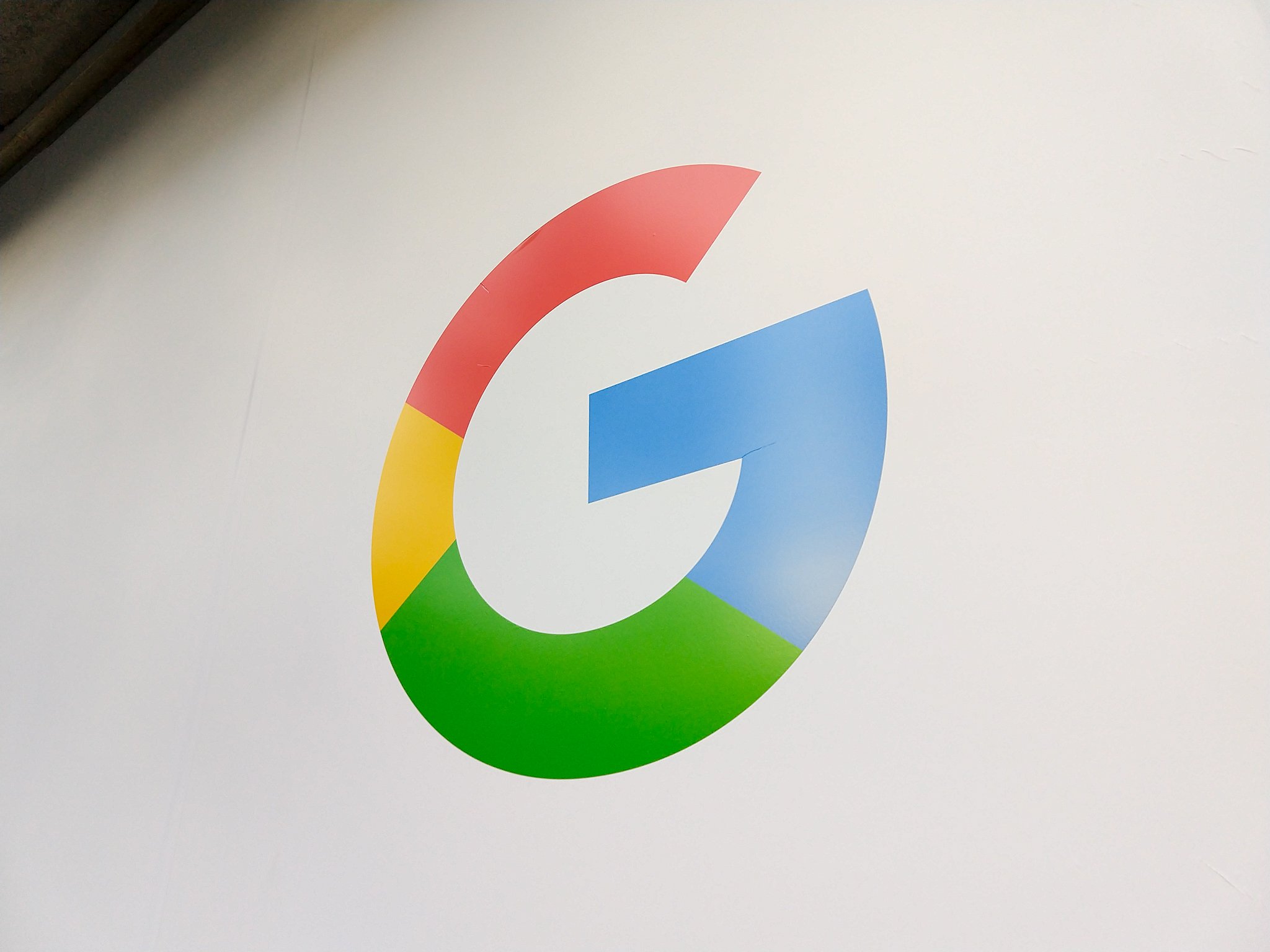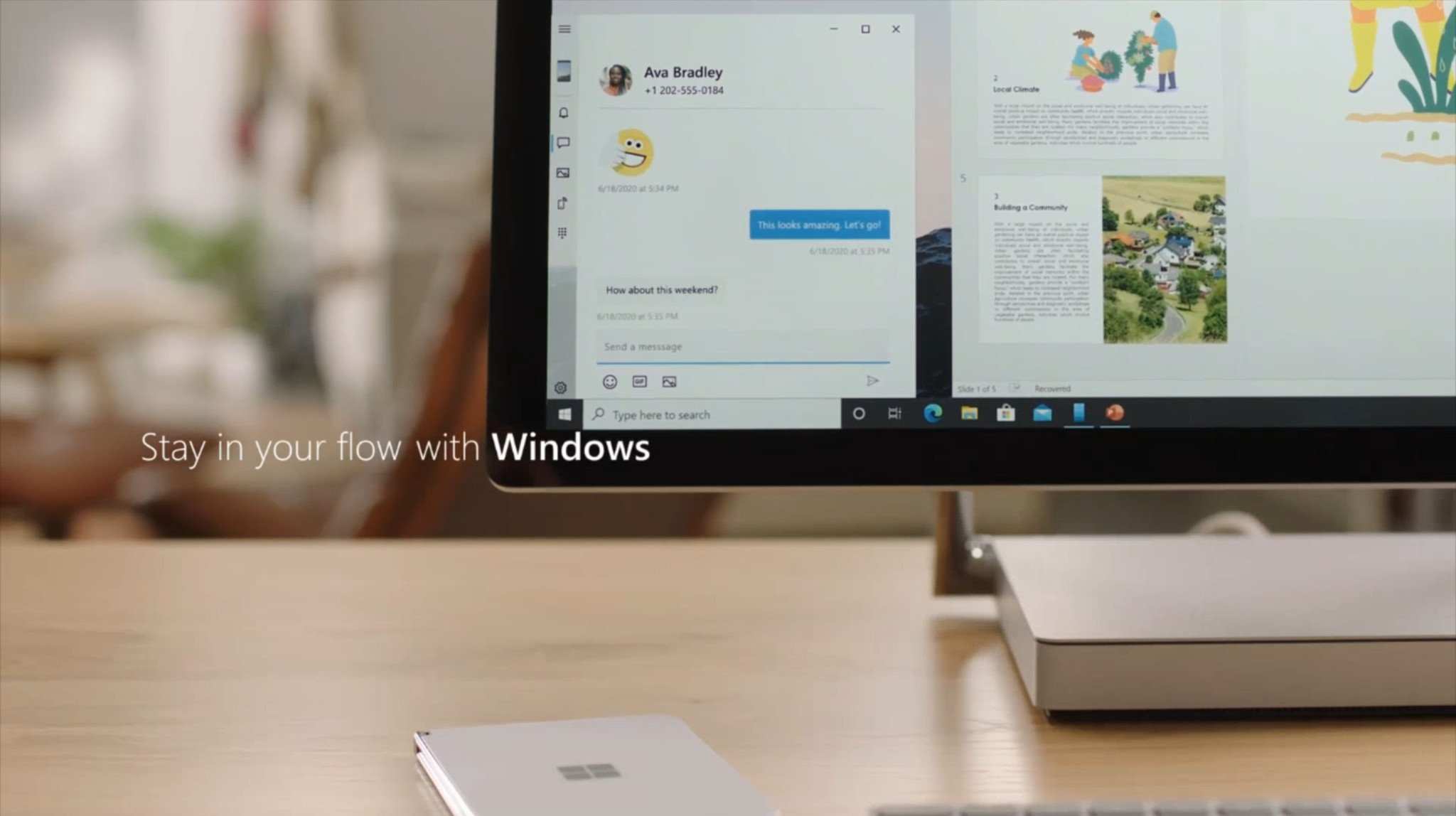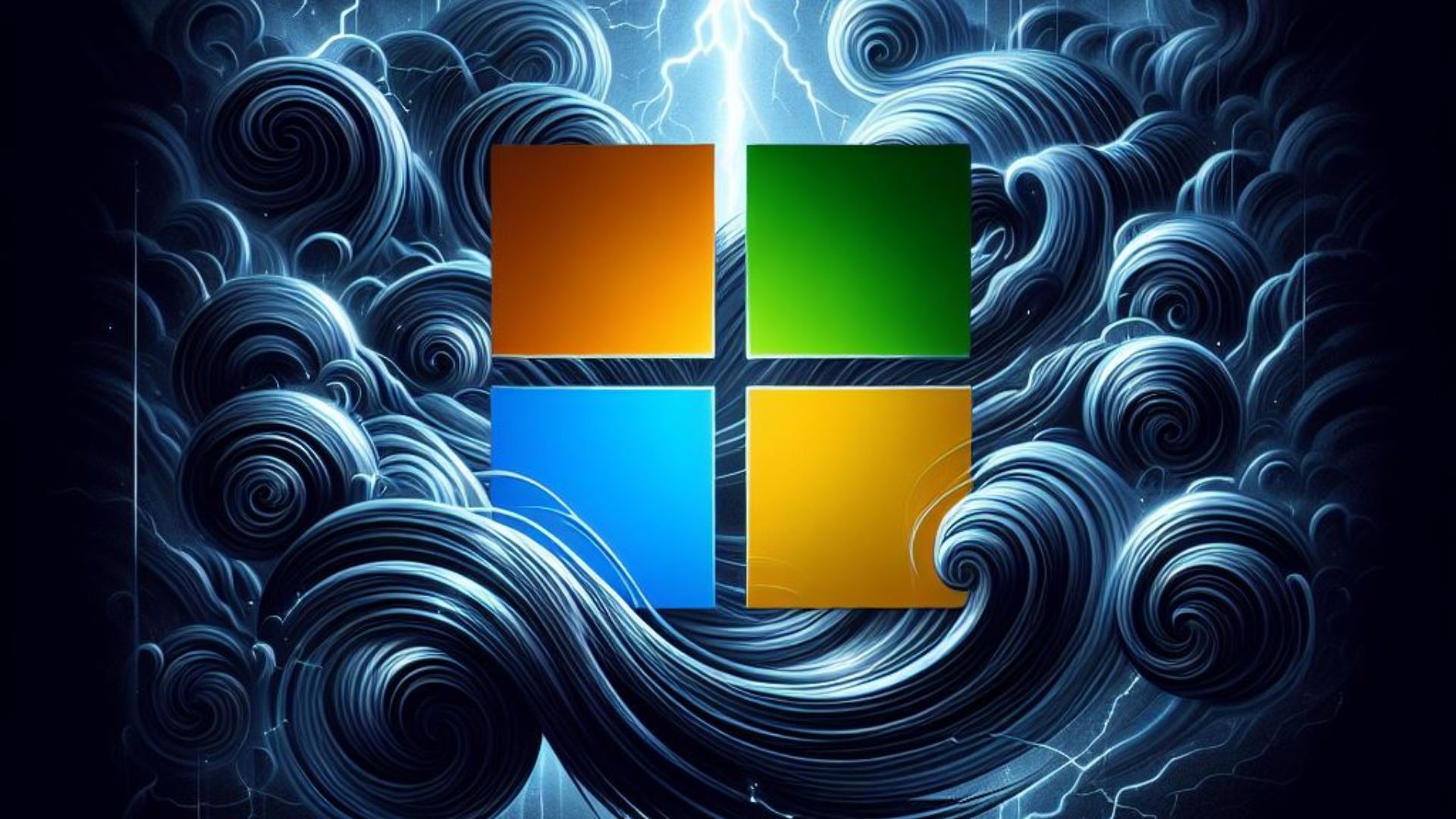Google's 'Fast Pair' announcement for Windows shows everything that's wrong with Google
OEM-specific features instead of working directly with Microsoft is the type of nonsense we don't need in 2022.

All the latest news, reviews, and guides for Windows and Xbox diehards.
You are now subscribed
Your newsletter sign-up was successful
Google is one of those companies that's easy to dislike if you live in the Microsoft ecosystem. Windows Phone fans often cite Google's refusal to make apps for the platform and actively block them, as one of the many reasons for its failure. Google has never embraced Windows save for making the Chrome browser (and one terrible app).
Ah yes, after 14 years, Google is doing something with Android on Windows. So brave.
Even in 2022, the company is still a holdout from putting Chrome in the Microsoft Store despite Opera and Firefox participating. There's no reason for this as the new store policies have no barriers for Google; it's spite, plain and simple.
That's why yesterday's announcement that Google is bringing Fast Pair to let Android phones more easily connect to Windows rings hollow with me.
To recap, Google is going to support Fast Pair on Windows, which will allow you to "quickly set up Bluetooth accessories, sync text messages and share files with Nearby Share."
Google pats itself on the back by noting, "For the first time with Android, we're also focused on building for other platforms, like Windows, whether it's in gaming, productivity or other areas."

Ah yes, after nearly 14 years, Google is now doing something with the world's most popular mobile OS on the world's most popular desktop one. So brave. I'm thrilled a company with a market cap of 1.83 trillion was able to scrounge up the resources to make this happen.
So, why am I mad? It's the caveat: "We're working with Acer, HP and Intel to bring these experiences to select Windows PCs first later this year." That's right, to use this feature, you'll need to buy an Acer or HP PC. Select ones, too, not all of them. Also, notice no mention of Microsoft.
All the latest news, reviews, and guides for Windows and Xbox diehards.
Now, I'm fine when OEMs develop proprietary software (like Dell Mobile Connect) as an upsell to buy their stuff. It's common practice, and you can't fault these companies for trying to add value to their products. Sure, it kind of sucks, but they do this for a good reason. You'll see it with PCs with foldable displays, too, to fill in the gaps left by Microsoft in Windows 11.
But I have an issue with Google doing this directly with select OEMs on select PCs.
It doesn't have to be this way. Google could work directly with Microsoft.
Why isn't Google working with Intel (and AMD and Qualcomm) with Microsoft to make this something standard with Your Phone in Windows 11? Microsoft's Your Phone already syncs text messages, offers some sharing, and much more, including photos and even mirroring the OS.
Moreover, pray you don't have a PC from another company. Maybe you have an HP laptop but a custom-built gaming rig for your desktop or something by Lenovo (the top PC shipper on the planet). Enjoy using this great feature by Google on one PC, but not the other.
But what a great experience with app redundancy! Users will get some neat new tricks with Fast Pair like Nearby Share, but other features with Your Phone.
It doesn't have to be this way. Google could easily phone up Microsoft and be like, "Let's make the Android experience on Windows really shine and work together." But they don't. And they won't.
This solution isn't rocket science. Google with Microsoft (and Intel, AMD, Qualcomm) could create a standard for Android phones in Windows 11 and then give that model to OEMs to build into PCs. If it costs extra money due to specific hardware requirements, make it optional for PC makers.
Sure, Google has Chrome OS to think about, which is fair, but they're already doing some stuff with Windows; it's just half-assed. And clearly, Microsoft is embracing Android and Google where it makes sense (like embracing PWAs).
Google seems to be doing something similar with its plan for Google Play games on Windows. We don't know the full details yet, but it seems Google is doing this (again) on its own without Microsoft's knowledge, input, or assistance (notice Microsoft and Google didn't co-announce that either). And it's probably a good bet you won't be able to find Google Play games in the Microsoft Store because Microsoft has cooties or something.
Let's be clear: Google has some of the world's most used services and software, whether Gmail, Android, Chrome, search, etc. The company could be doing much more to deliver top-tier experiences on Windows, but it chooses not to because it still acts like it is the 2000s. Imagine how good a native Google Mail app could be on Windows. Apple is the same, except even worse (e.g., it refuses to work with Microsoft on Your Phone or give any help).
If Google is truly "open" and wants its services and software everywhere, suck it up and work with Microsoft directly. It's time this childish behavior ends.

Daniel Rubino is the Editor-in-Chief of Windows Central. He is also the head reviewer, podcast co-host, and lead analyst. He has been covering Microsoft since 2007, when this site was called WMExperts (and later Windows Phone Central). His interests include Windows, laptops, next-gen computing, and wearable tech. He has reviewed laptops for over 10 years and is particularly fond of Qualcomm processors, new form factors, and thin-and-light PCs. Before all this tech stuff, he worked on a Ph.D. in linguistics studying brain and syntax, performed polysomnographs in NYC, and was a motion-picture operator for 17 years.

